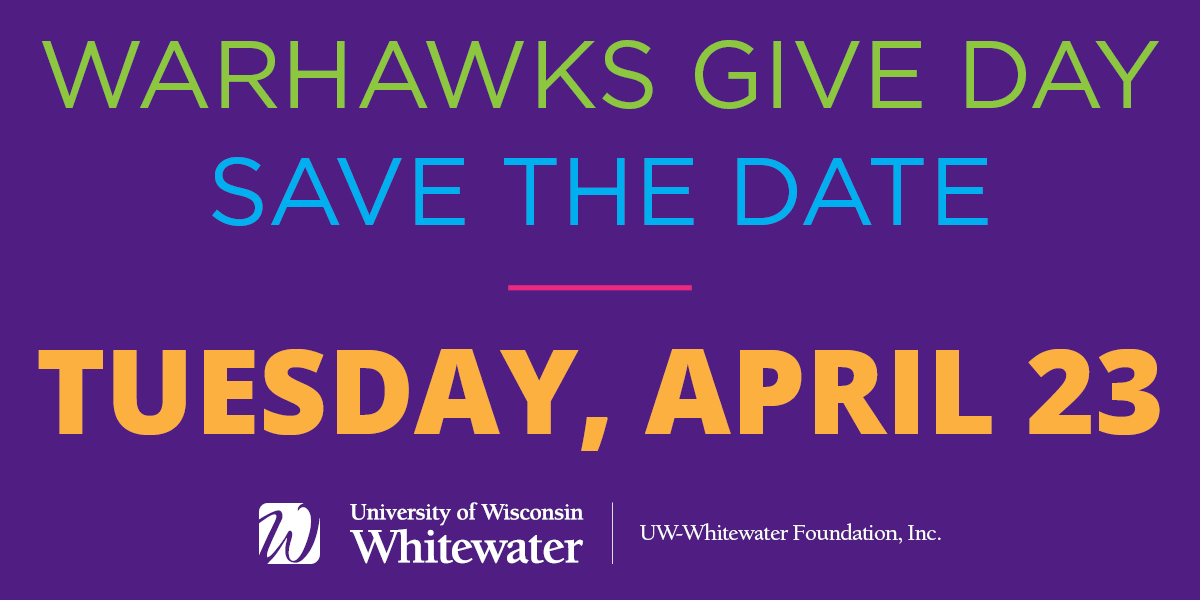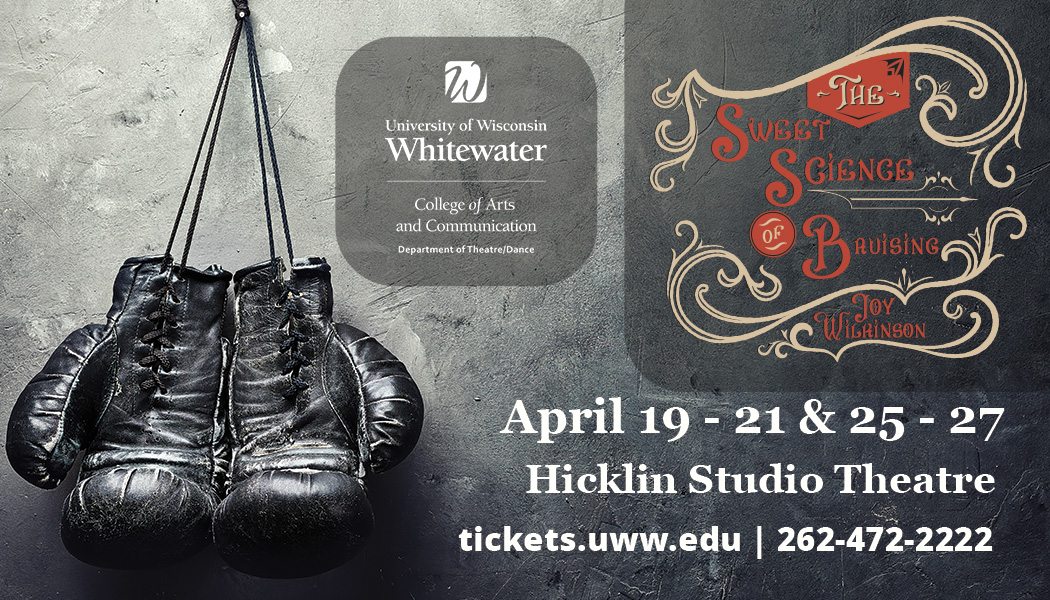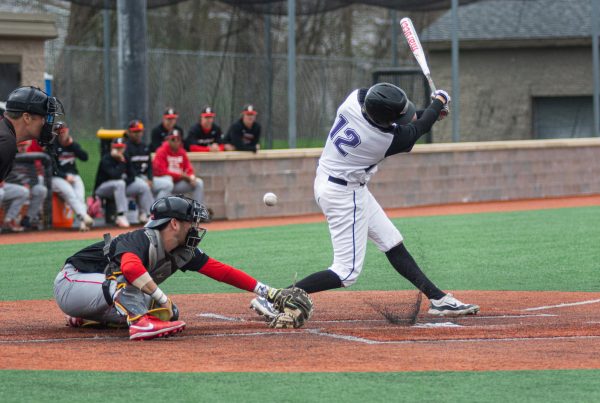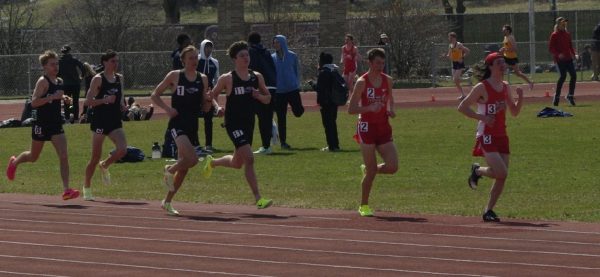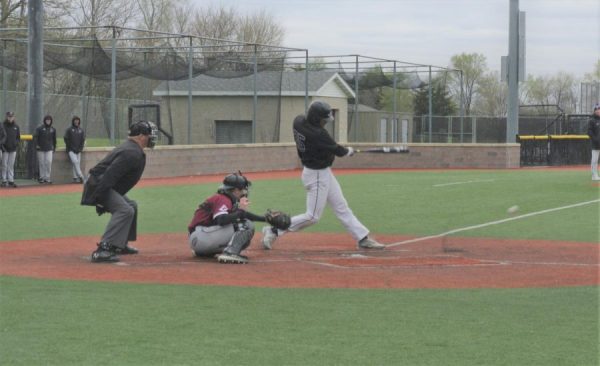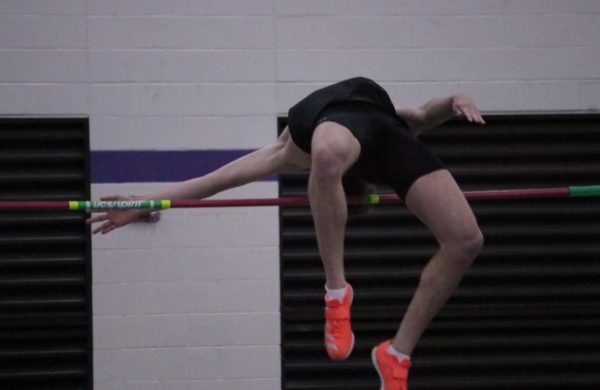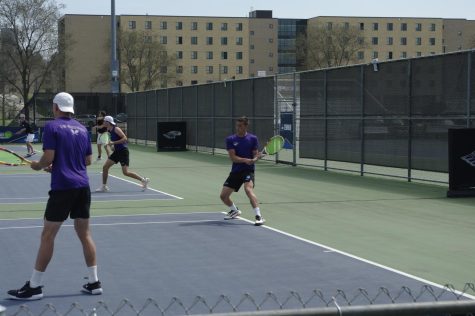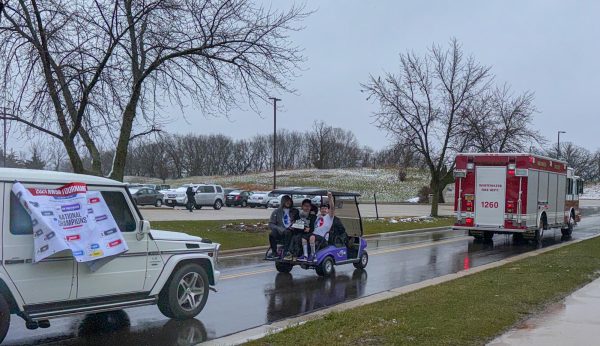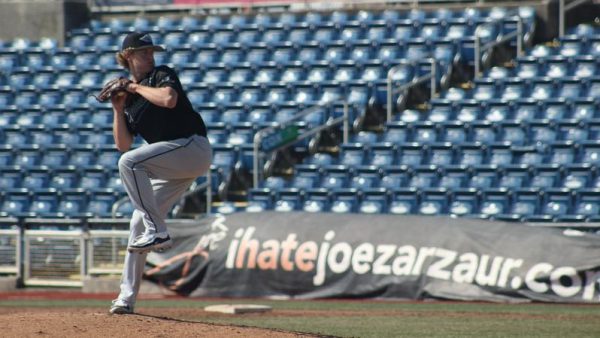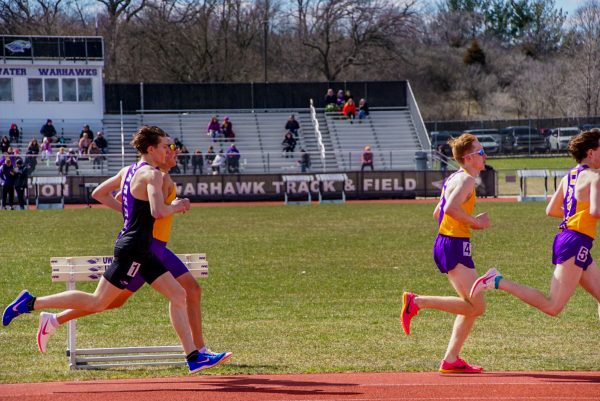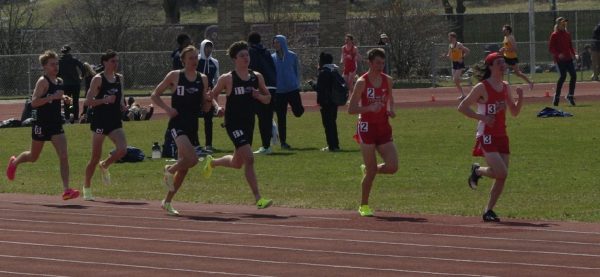Student athletes balance work, play, life
January 25, 2017
Imagine being the person that thousands of people are counting on to win the national championship for the school they attend. If the person fails, their reputation is tarnished and will forever have the stink of not coming up in the clutch, but if they win, their names will go down in history as one of the greatest championship performances ever.
Now imagine they are 18-22 years old and have their whole lives ahead of them. Now imagine they just had the hardest exam of their life earlier that day and know that no matter what, they are still going to have to wake up the next morning and go to class like any other normal college student. They might have to fit in a few hours of work to make sure they have food they are able to put on the table. Such is the life of a college athlete.
The Merriam-Webster dictionary defines athletes as, “a person who is trained or skilled in exercises, sports or games requiring physical strength, agility or stamina.” This means that literally anyone that plays a sport is an athlete.
College athletes are in the unique position of trying to balance preparing themselves for a career after they are done playing the sport they love with an education, a job to be able to afford food, rent, tuition and various other expenses, all while trying to find time in their life to decompress with friends, family or significant others. Athletes say it is a monumental task and something that many people who have not experienced it take for granted on a daily basis.
Each athlete, administrator, coach or professor at the University of Wisconsin-Whitewater have their own unique situation and method to work out how to balance all of these roles and still maintain a healthy body and mind.
Senior Lauren Pfeiffer plays on the women’s varsity volleyball team and has been named both as an Academic All-American and All-American athlete. The corporate health and communication major is no stranger to accomplishments, as she was also awarded with one of the highest academic honors in her major last year as well. Pfeiffer said that the key to her academic and on court success was preparation.
“You have to look at your volleyball schedule and your syllabus literally the first day of practice,” Pfeiffer said. “If they [the professors] pull up D2L early, that is the best possible situation…. Being proactive and really focusing on time management is probably one of the biggest skills I have learned throughout my college career.”
Pfeiffer said the volleyball team had games throughout the first week of class this past semester and the upperclassmen not only had to make sure they contacted all of their teachers and let them know they would be missing class, but they also had to help make sure the freshman did as well.
The proactive time management does not just apply to the beginning of the season either as last year Pfeiffer had surgery on the first day of exams. She then suffered from the stomach flu on the second day, forcing to her reschedule the times for two exams as soon as she found out about them. She said she was thankful the professors were happy to accommodate her, but said that it was owed to her being up front about her extra commitments early on that allowed that to happen.
Along with being an academic and on-court All-American, Pfeiffer currently serves as the president of the Student-Athlete Advisory Committee on campus. In this role, she is able to learn about new NCAA legislations and goes through them with Dr. Kristina Navarro, who serves as the assistant athletic director of leadership development and strategic partnerships.
Navarro and Pfeiffer team up to break down what Pfeiffer describes as “wordy” legislation so that all of the student-athletes on campus can understand and follow the new policies.
The Student-Athlete Advisory Committee is also in charge of collaborating community outreach opportunities for all of the players and coaches from the teams on campus. Pfeiffer explained how the committee formed the hashtag #WarhawksGiveBack to coordinate and market all of the community outreach opportunities that the athletes have.
Besides the community outreach program, Navarro also oversees the graduate program focusing on higher education leadership and teaches a class called “Rising Warhawk.”
Navarro, a former college track and field and women’s volleyball student athlete herself, said the class is all about the identity development of a student-athlete.
“It talks about balancing your different life roles between a student and an athlete,” Navarro said. “There is quite a bit of a demand on time and about how you identify both of those roles as a college student-athlete.”
Navarro said the identity development she teaches to the student-athletes is all about applying it to real world problems.
“Student-athletes are often practicing once or twice a day, and then they are on the road traveling, and maintaining a credit load,” Navarro said. “It’s really just being able to switch between the roles and put your best foot forward in both arenas. A lot of times that can be physically and mentally draining.”
Senior men’s varsity soccer player Michael Salm knows all about handling many roles. Salm spent four years on the soccer team, missing last year due to injury, but has also been a part of the Student-Athlete Advisory Committee and Warhawk Leadership Academy.







